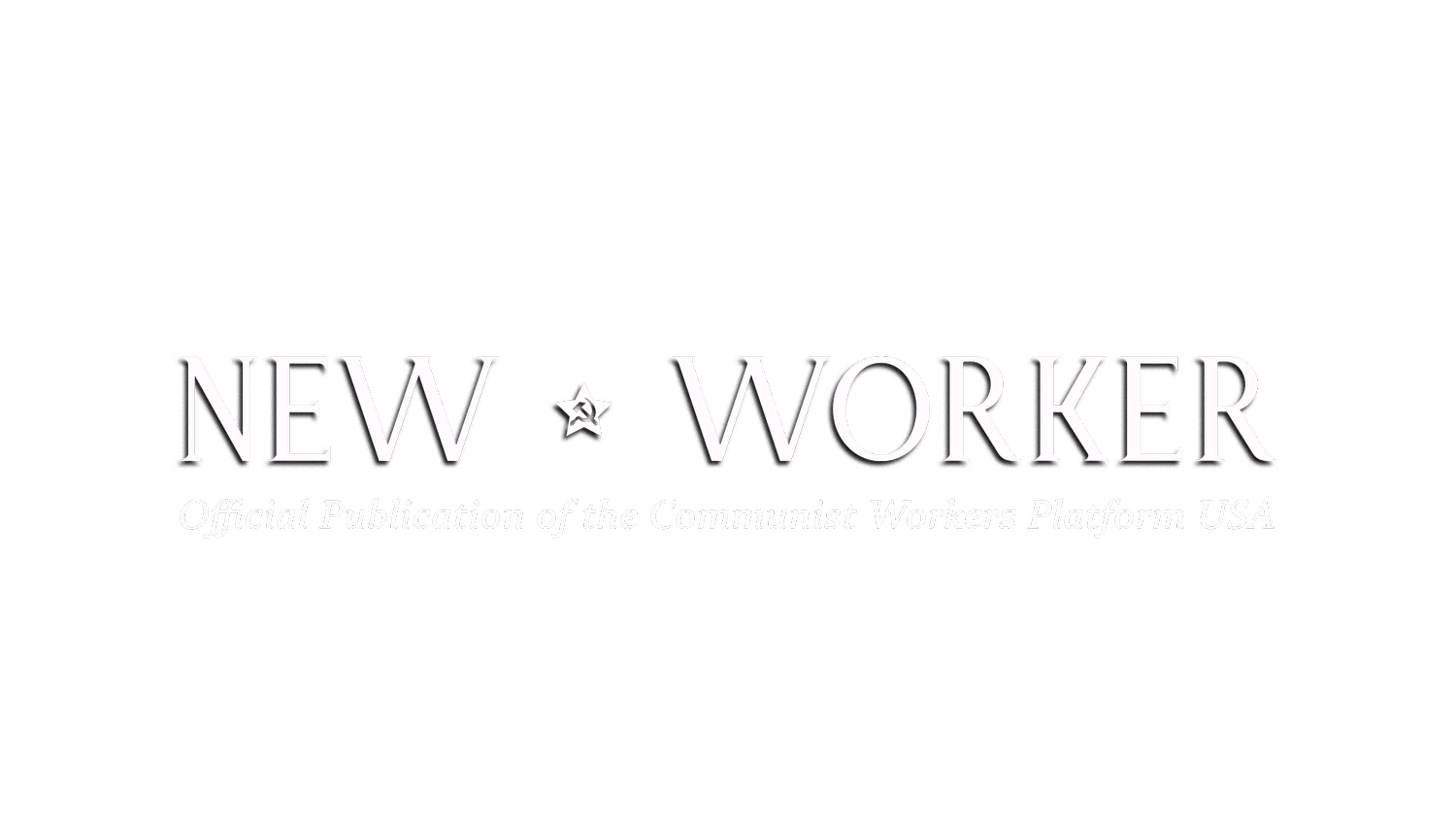"Instead of work, they find terror and death"
Interview of Pavél Blanco Cabrera, Secretary General of the Communist Party of Mexico (PCM), by Annuschka Eckhardt of Die junge Welt
In early March, crematoriums were discovered on a ranch near Teuchitlán, along with more than 200 pairs of shoes, notebooks, photographs, identification papers, magazines, and cartridge cases. The finds indicate that the Jalisco drug cartel operated a kind of forced labor camp there. What do you know about it?
In Mexico, cartel violence has claimed more than half a million lives and caused more than 100,000 disappearances—horrifying figures that testify to the barbarism of capitalism, whether administered by neoliberals or social democrats. This violence has several elements that go beyond the unimaginable, such as the enforced disappearance of the 43 students from Ayotzinapa, the murder of dozens of migrants in San Fernando, Tamaulipas, and now the case of Teuchitlán, which appears to have involved the forced recruitment of workers for the cartels. They advertise job offers, which young people in particular rush to accept. But instead of well-paid work, they find terror and death. Moreover, there is evidence that elected officials of the ruling Morena party are involved in this network of enganchadores (a specifically Mexican form of recruiting and smuggling workers, jW ).
The mayor of Teuchitlán and the local prosecutor's office stated that they had found no evidence of crimes or crematoriums on the ranch. However, documents reviewed by the organization "Mexicanos Against Corruption and Impunity" show that the National Guard had already informed the Ministry of Defense in 2019 about the discovery of burned bodies and scattered shoes. How can this be explained?
The only explanation is the state's complicity in crimes and terrorism against the population. The process of capitalist accumulation and drug trafficking in Mexico have gone hand in hand over the past fifty years. The army, statesmen of various political persuasions, and the various forces in the federal and state parliaments – all are involved.
When we talk about the National Guard, we are talking about the army and the disastrous militarization policy that was proposed by Presidents Calderón and Peña, but implemented by President Obrador, who absolved the army of the state crimes of 1968 (massacre of students in Tlatelolco, jW ), the "dirty war" (of the state against communists and left-wing guerrillas in the 1960s to 80s, jW ) and Ayotzinapa.
How does this militarization manifest itself?
The first is the state's impunity for crimes committed by the army; the second is the creation of the National Guard, which involves the military in police duties; and a third is their interference in the economy through the management of major public works projects and all ports and airports. Another, less visible element is their intervention as a political power. The military budget is being blatantly increased at the expense of social sectors such as education and health. Apart from the serious damage to society, this overturns the policy of President Lázaro Cárdenas (1934–1940, jW ) of limiting the military solely to national defense and disaster relief. Paradoxically, Morena had pledged to stop militarization before their electoral victory. But now we know that they are demagogues.
Around 124,000 people are officially missing in Mexico. Most disappeared after 2006, when the government declared its "war on drugs." What consequences does this war have for the working class?
It is primarily a war against workers, and especially working-class youth—the vast majority of the dead and disappeared. While the proletariat suffers, corporations thrive on drug money that flows easily through the banks and financial system into the mining, agricultural, real estate, and construction industries.

